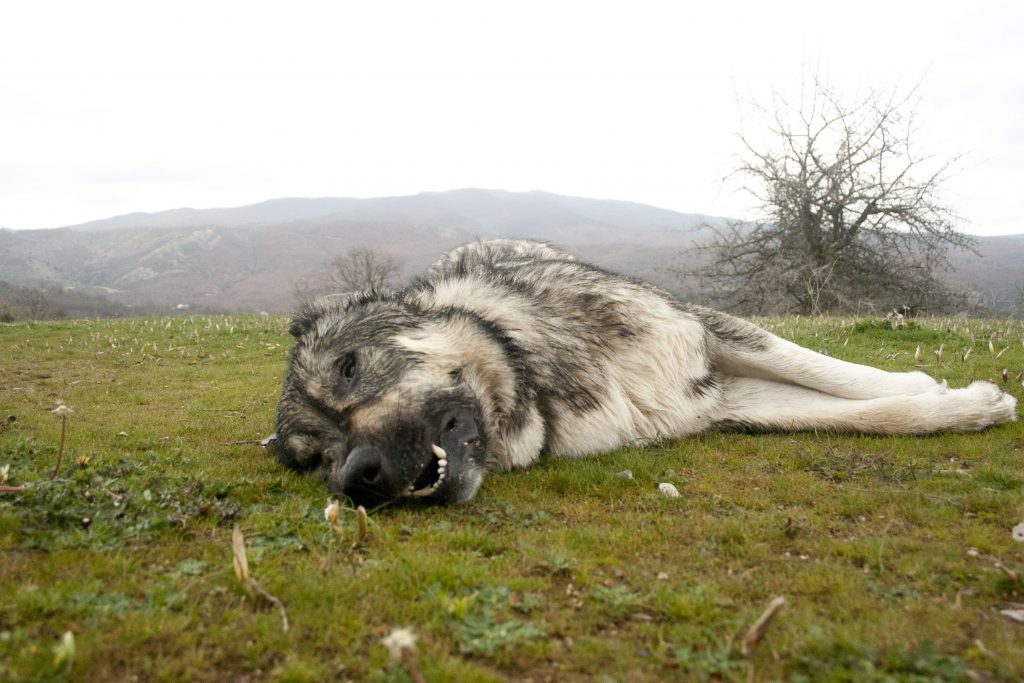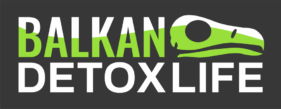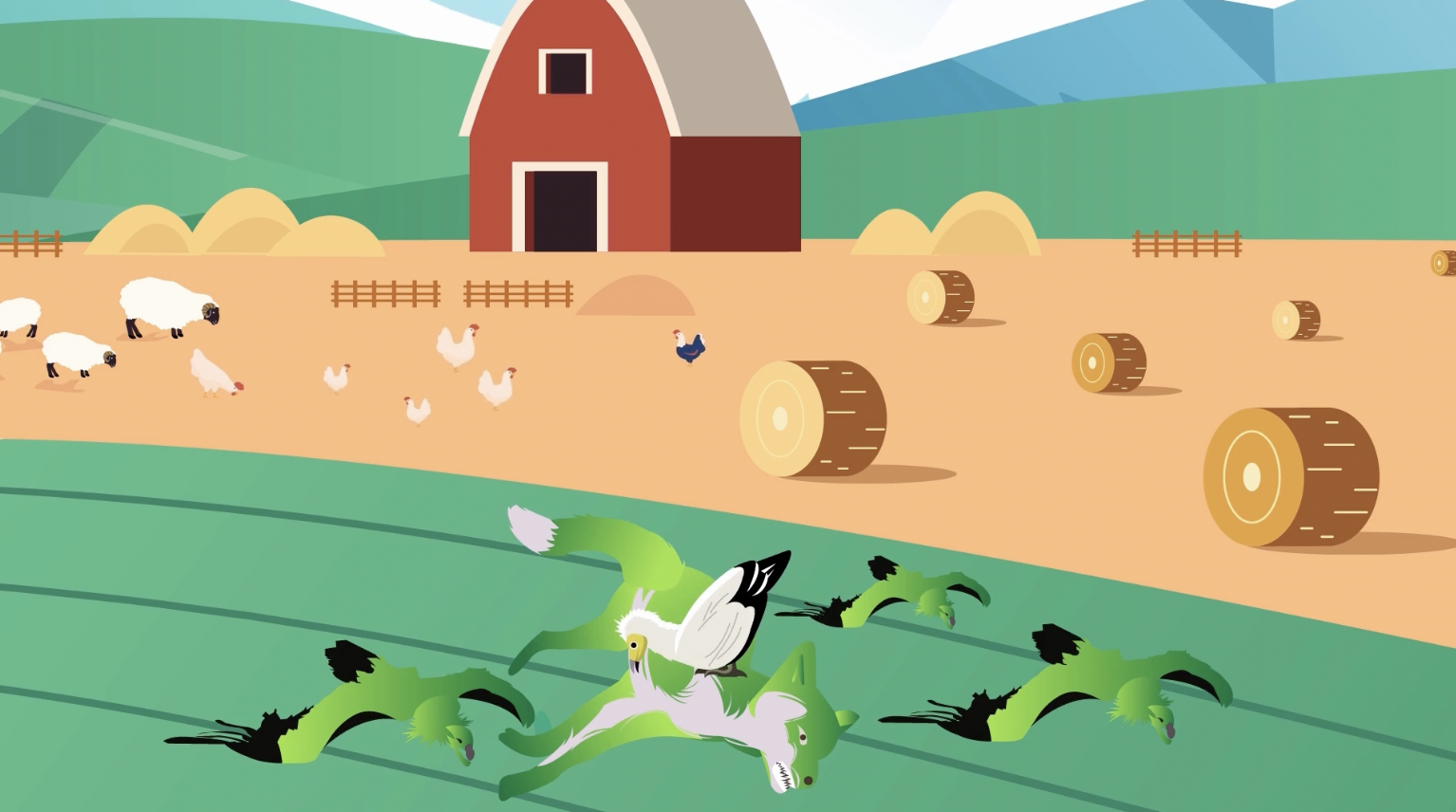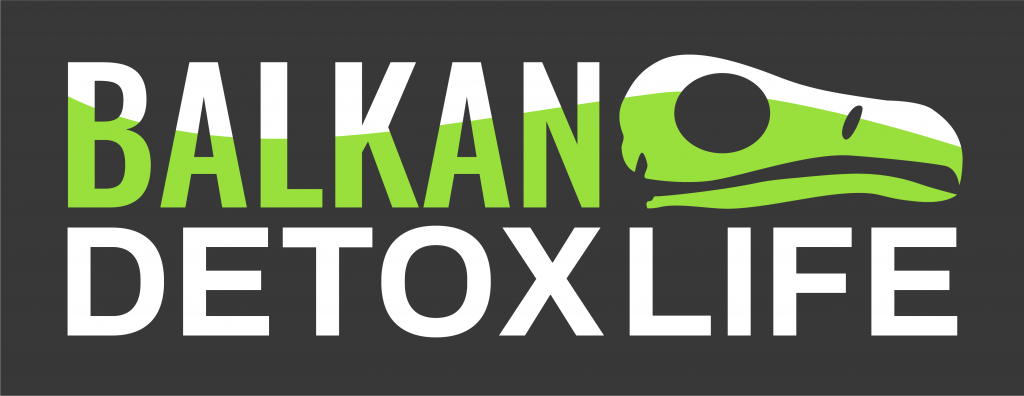Illegal wildlife poisoning is a cruel and harmful practice. Despite being banned in many countries, it remains a prevalent method to eliminate animals perceived as pests or predators. However, the consequences extend far beyond the intended targets, affecting other wildlife and even humans. Leaving poison baits in open areas initiates a vicious cycle, indiscriminately killing any animal that comes into contact with these toxic substances. This cycle has devastating effects on ecosystems and protected species and threatens human well-being. A recently produced animation video by the BalkanDetox LIFE project illustrates the vicious cycle of death by poisoning.
The danger of poison baits
In an attempt to resolve human-wildlife conflicts, farmers and hunters often resort to poison baits to eliminate animals that may damage crops, livestock or game species. Poison baits typically consist of pieces of meat or entire carcasses laced with lethal substances like pesticides, including illegal ones such as Carbofuran, banned in the EU. These baits are left in open areas, easily accessible to animals. However, this practice is unselective, resulting in the slow and painful death of any creature that encounters the bait. This includes not only the intended targets but also other animals, such as birds of prey, scavengers, and even domestic animals like pets and livestock. For farmers, the loss of domestic animals can have significant economic implications, adding to their burdens.
Impact on ecosystems and wildlife
The indiscriminate nature of wildlife poisoning has severe consequences for entire ecosystems. The death of one animal can disrupt the delicate balance of nature, setting off a ripple effect. Vultures that are typically not the targets, scavenge on poisoned carcasses, becoming victims themselves, which can lead to the tragic loss of multiple individuals and even wipe out entire colonies. According to the Balkan Vultures Poison Study of 2022, an estimated 115 vultures potentially succumb to poisoning annually in the Balkans. Considering that less than 20% of poisoning incidents are discovered and documented, the actual impact is likely even greater. Additionally, the demise of predators can result in an overabundance of prey animals, leading to crop damage and other vegetation-related issues. The loss of scavengers can potentially contribute to an increase in disease-carrying pests, affecting both livestock and humans.


Poisoning knows no borders
Wildlife knows no political borders, meaning that animals ingesting poison baits can unknowingly venture into neighbouring countries, meet their end there, and trigger a dangerous domino effect. This can lead to a dreadful phenomenon called secondary poisoning, which sets off a dangerous cycle of destruction. What is even more troubling is the widespread use of poison throughout the Balkan countries. These nations share common causes, methods, and toxic substances, making the illicit cross-border trade of banned materials a significant and alarming concern.
Effects on humans
When individuals come across poison baits or encounter poisoned animals, it can have detrimental effects on their health. The misuse of pesticides in such a manner has the potential to contaminate our entire food chain. This contamination can go unnoticed, leading unsuspecting individuals to consume meat, crops, or water that is tainted with these harmful substances. As a result, they may suffer from severe health problems, ranging from acute poisoning to chronic illnesses, organ damage, and in the worst cases, even death.
The toxic compounds utilised as poison baits wreak havoc on crucial systems within the body, including the nervous, respiratory, and cardiovascular systems. Moreover, certain substances can have long-lasting effects, giving rise to neurological disorders, developmental issues, or reproductive complications.
Breaking the cycle

Breaking the cycle of illegal wildlife poisoning requires a concerted effort from governments, conservation organisations, and local communities. The BalkanDetox LIFE project takes key steps in this endeavour, which include:
- Understanding the problem: Developing a comprehensive wildlife mortality database across the Balkans, providing precise data on poisoning incidents to help define the problem’s scope, identify key target groups and hotspots, direct preventative actions, and monitor the effectiveness of anti-poison measures. At the same time, it can facilitate regional and international comparisons, enhancing information exchange and coordination.
- Raising awareness: Educating relevant stakeholders about the dangers of illegal wildlife poisoning is crucial. By promoting preventive measures and safe alternatives to poison baits, we can effectively address conflicts between wildlife and humans, avoiding the negative consequences of poisoning.
- Building capacities to improve enforcement: The Wildlife Crime Academy has played a pivotal role in enhancing the capacities of competent authorities from seven Balkan countries. Through specialised training, these authorities have acquired the skills needed to investigate, manage, and combat incidents of illegal wildlife poisoning. It is also essential to rigorously enforce existing legislation to discourage the use of poison baits. By holding offenders accountable for their actions, we send a strong message that illegal wildlife poisoning is not tolerated.
- Timely response and prevention: Monitoring keystone species like the Griffon Vulture across the Balkans enables us to track suspected poisoning incidents promptly. This allows for swift responses, including removing poison, ultimately preventing mass mortality among threatened species.
By implementing these strategies and working with all relevant stakeholders, we can break the vicious cycle of illegal wildlife poisoning!
Follow the BalkanDetox LIFE project to stay informed and help raise awareness!

















